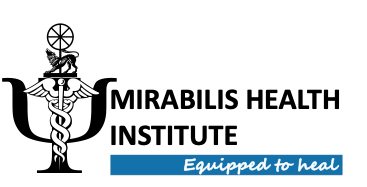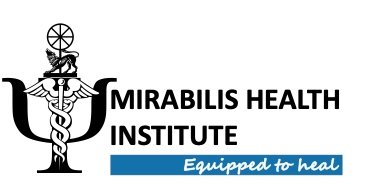19th April, Happy Bicycle Day
80 years ago today, on April 19th, 1943, Swiss chemist Albert Hofmann, while working in the pharmaceutical department of Sandoz Laboratories in Basel, took a dose of LSD and cycled home, marking the birth of the psychedelic era. Hofmann's discovery led to a growing interest in the therapeutic potential of psychedelics, particularly psilocybin and MDMA, to treat mental illnesses such as depression and PTSD [1].
Recent studies have shown promising results in the use of psilocybin to treat depression and anxiety [2]. The Imperial College London, one of the universities leading the way in psychedelic research, conducted a clinical trial that found psilocybin to be more effective than conventional antidepressants in treating depression [3]. The study also showed that psilocybin can produce sustained remission of depression symptoms.
MDMA, also known as ecstasy, is being studied for its potential in treating PTSD. The Multidisciplinary Association for Psychedelic Studies (MAPS) is conducting phase 3 clinical trials of MDMA-assisted therapy for PTSD, with results showing significant reductions in PTSD symptoms in participants [4].
Universities worldwide are contributing to psychedelic research. Johns Hopkins University in the United States is conducting research on the use of psilocybin for smoking cessation, while the University of Zurich is researching the effects of LSD on perception and consciousness [5]. The University of Toronto in Canada is studying the potential of psilocybin for treating end-of-life anxiety in cancer patients.
As psychedelic research gains momentum, concerns have arisen about the commercialization of the industry. Madison Margolin, co-founder of DoubleBlind, a psychedelics journal, warns of the dangers of newcomers entering the field solely for profit. Instead, she advocates for research and education, stressing the importance of honoring the spiritual aspects of the movement [1].
Psychedelic research has come a long way since Albert Hofmann's discovery in 1943. Promising results from clinical trials have shown that psychedelics such as psilocybin and MDMA hold great potential in treating mental illnesses. Universities around the world are contributing to psychedelic research, and the industry is gaining attention. As psychedelic research continues to progress, it is important to remember the importance of research and education and to honor the spiritual aspects of the movement [1].
References:
Carhart-Harris, R. L., & Nutt, D. J. (2017). Serotonin and brain function: a tale of two receptors. Journal of psychopharmacology, 31(9), 1091-1120.
Griffiths, R. R., Johnson, M. W., Carducci, M. A., Umbricht, A., Richards, W. A., Richards, B. D., ... & Klinedinst, M. A. (2016). Psilocybin produces substantial and sustained decreases in depression and anxiety in patients with life-threatening cancer: A randomized double-blind trial. Journal of psychopharmacology, 30(12), 1181-1197.
Carhart-Harris, R. L., Bolstridge, M., Rucker, J., Day, C. M. J., Erritzoe, D., Kaelen, M., ... & Nutt, D. J. (2016). Psilocybin with psychological support for treatment-resistant depression: an open-label feasibility study. The Lancet Psychiatry, 3(7), 619-627.
MAPS. (2021). MDMA-Assisted Therapy for PTSD - Phase 3 Clinical Trials. Retrieved from https://maps.org/other-psychedelic-research/211-mdma/ptsd/6511-mdma-assisted-therapy-for-pts

